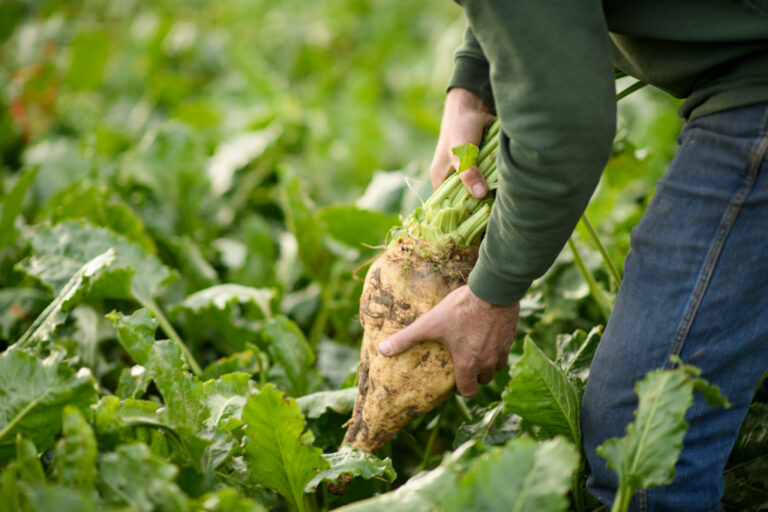
The sugar beet is an exceptionally efficient crop: no other crop in the Netherlands yields as many tons of raw materials per hectare as the sugar beet. Cosun Beet Company not only processes sugar beets into sugar, but also produces molasses, animal feed, bioethanol, green gas, plant-based fertilisers (digestate and betacal) and biobased products from the sugar beet.
